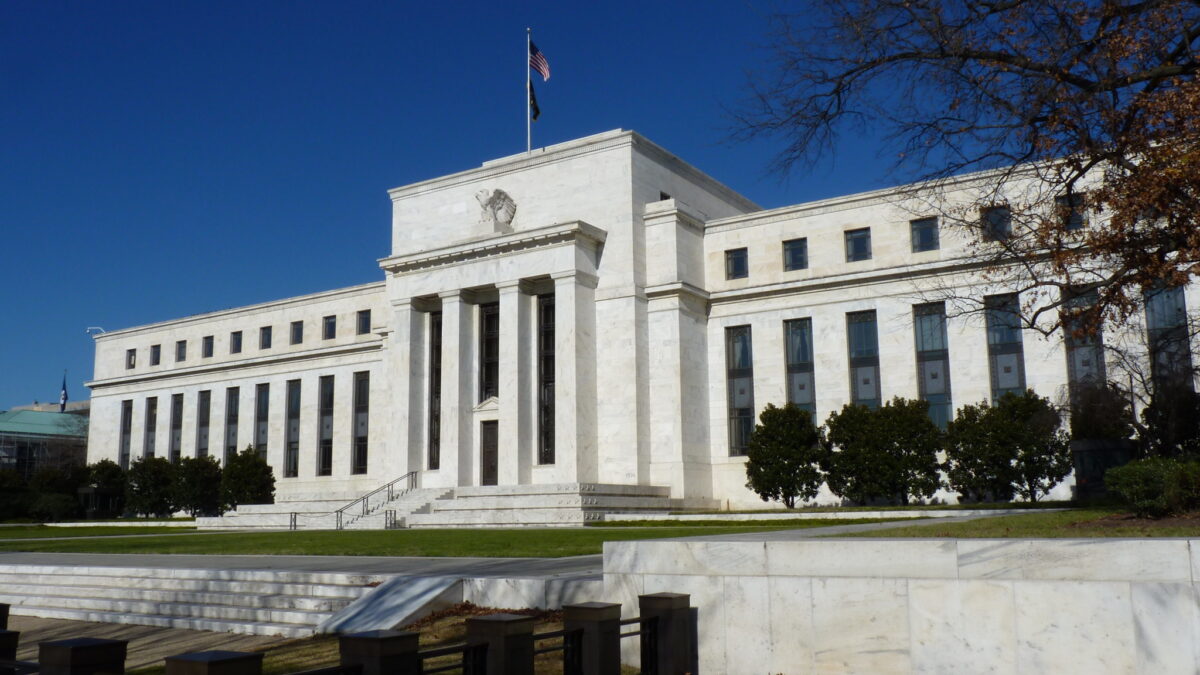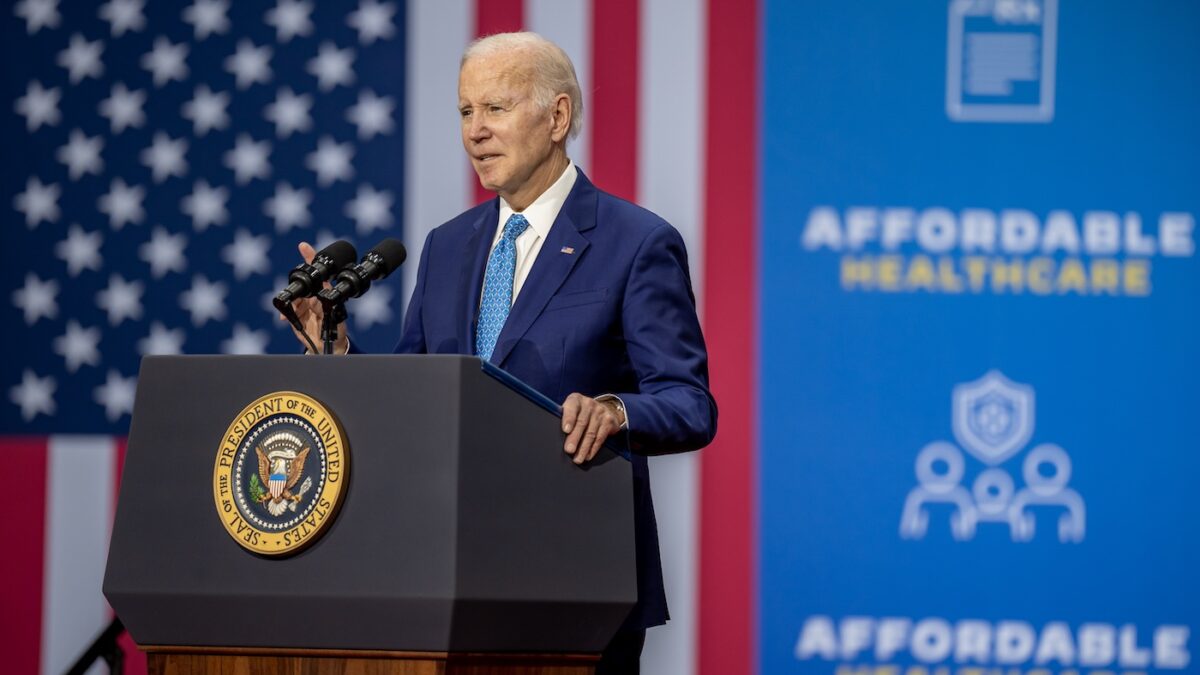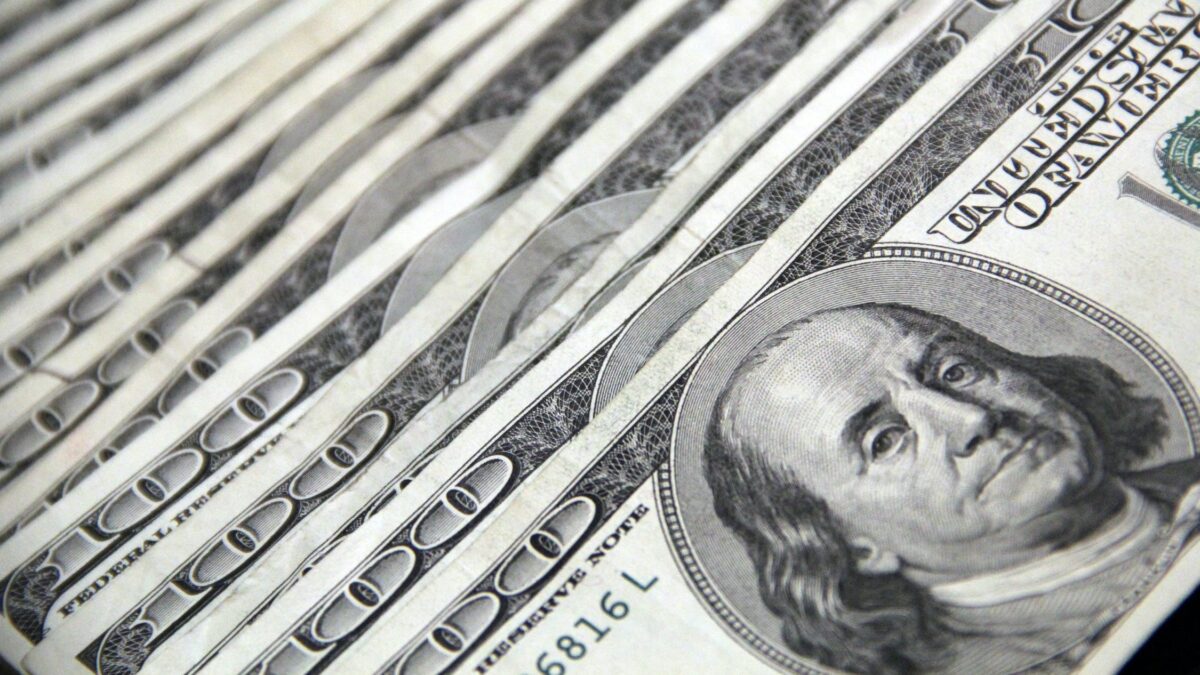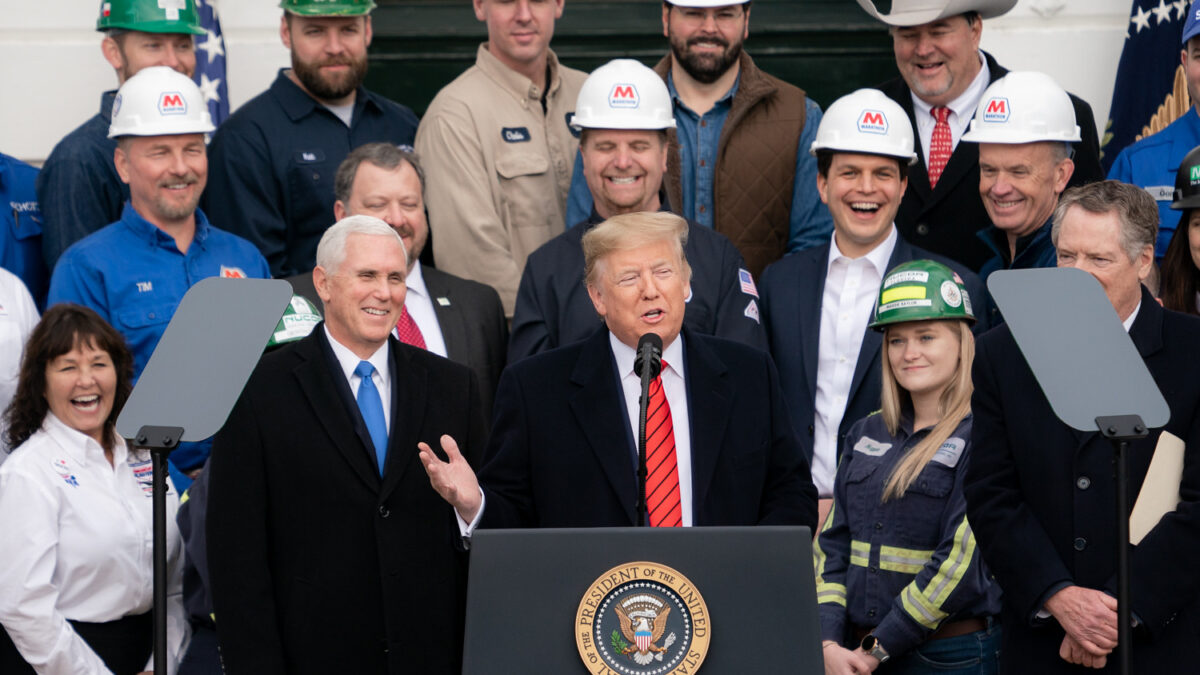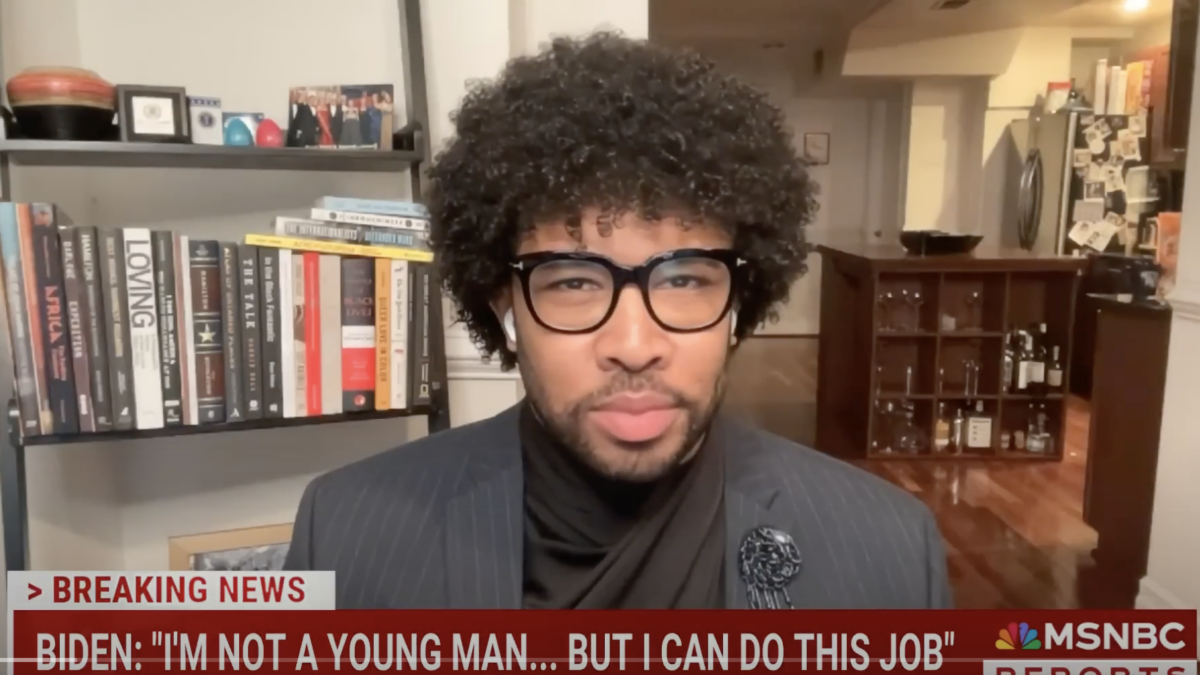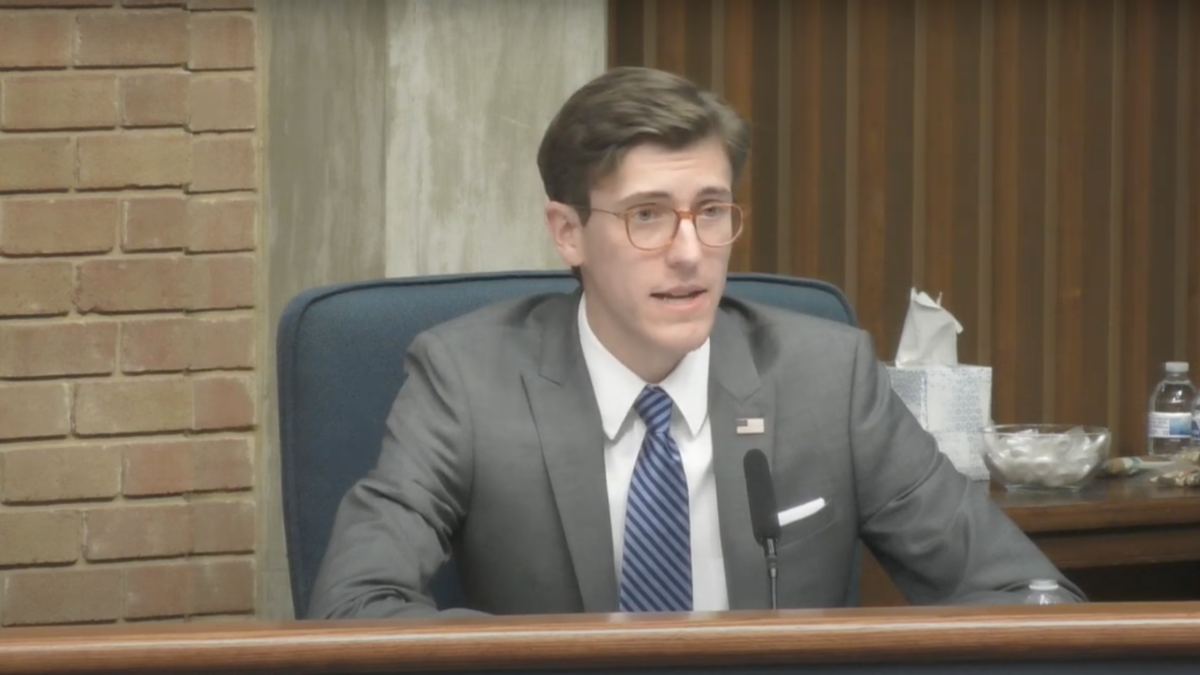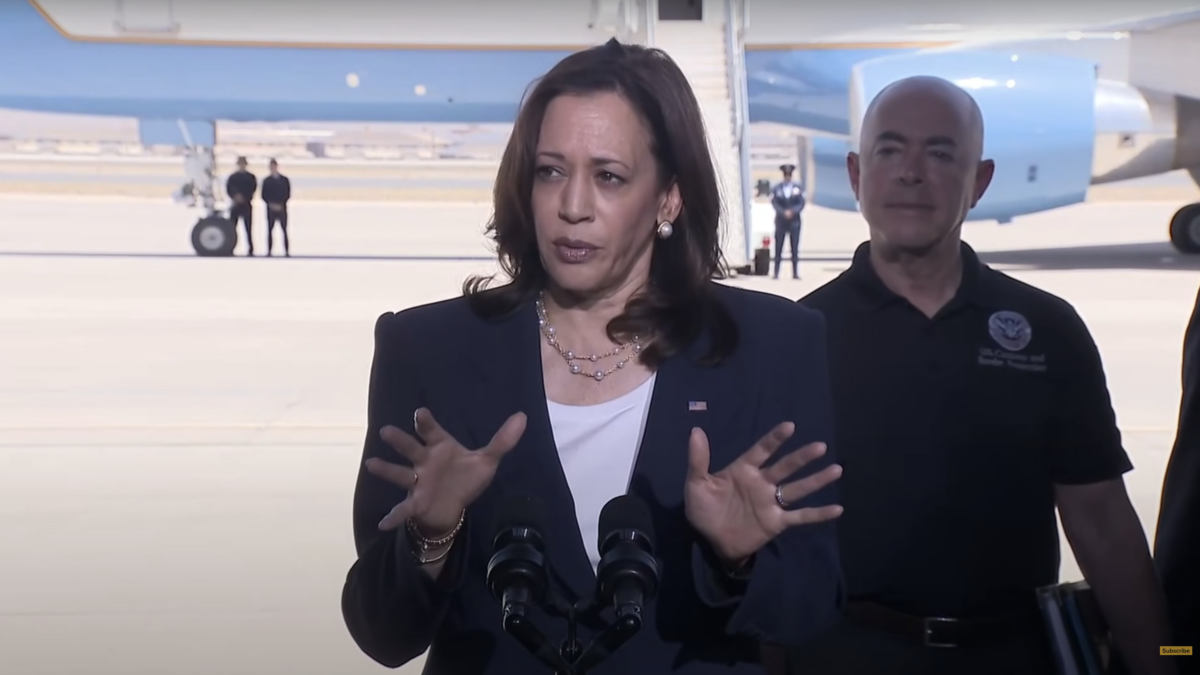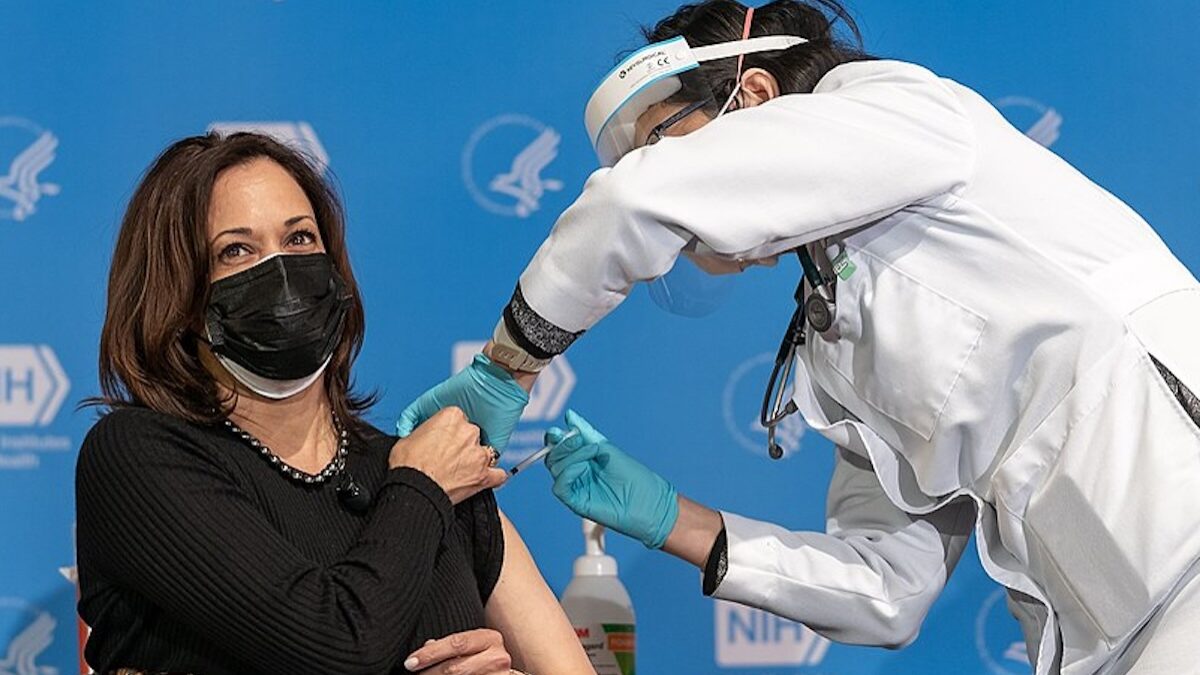The leading political publications are currently inundated with commentary about the attempted assassination of Donald Trump and Joe Biden apparently dropping out of the presidential race. Lost in the shuffle is the issue of who Biden’s successor will appoint to the Federal Reserve Board of Governors if Democrats win another term.
Every party wants to appoint economists to the Federal Reserve that will enact its economic vision for the country. Unfortunately, the next Democrat president seems poised to overlook experience and competence and instead prioritize identity politics. The Biden administration has established the precedent of making appointments based on identity, and many people are suggesting that the close assassination attempt may have been the result of the Secret Service not choosing the best candidates for the job. If the Fed becomes dominated by unqualified candidates, dangerous results based on unsound economic theories such as Modern Monetary Theory (MMT) could fatally harm the United States economy with hyperinflation or sustained economic depression.
The Federal Reserve is the central banking system of the United States; it is responsible for maintaining the monetary policy of the United States. The three main goals of its monetary policy are to maximize employment, stabilize prices, and moderate long-term interest rates. The Federal Reserve has historically had three main tools for accomplishing these goals: setting the discount rate (interest rate) that it charges banks for borrowing directly from the Fed, conducting open market operations (buying and selling Treasury instruments), and setting reserve requirements (requiring banks to hold a percentage of deposits on hand in the bank).
The Board of Governors is a seven-member board that oversees and runs the Federal Reserve system. The seven governors are appointed to staggered 14-year terms, with each new presidential term provided two appointments to make to the board. The chair of the Fed is one of the seven seats and serves four-year terms as chair during his 14-year tenure, ensuring that each presidential term also gets to appoint a new chair (or reappoint the current chair as Biden did in 2022).
In practice, there are usually more than two seats to fill during each four-year presidential term, as Fed governors can and do resign from time to time, unlike the Supreme Court whose members tend to stay on for decades.
The current Fed board is made up of four Democrats and three Republicans, and the current chair is Jay Powell, a Republican. Adriana Kugler, a Democrat, is due to have her term expire in 2026. The next president will appoint her replacement to a 14-year term that starts in 2026. Chairman Powell’s term as governor does not end until 2028, but his term as chairman ends in 2026, and neither party is likely to reappoint him.
Therefore, the next president will have the opportunity to name a new chair in 2026 and a new governor in 2028. As a result, the next administration will at least replace one governor from each party in addition to filling any additional vacancies brought about through resignation.
The Fed, however, is in increasing danger of having its appointments based on qualities other than merit, which can lead to the dangers of bad monetary policy and runaway inflation. This danger can be realized if the Democrat Party continues to pursue appointments based on skin color, sex, and sexual orientation, rather than trying to appoint the most qualified person for the job.
The worst example of this trend in the Federal Reserve is Lisa Cook, whom Biden appointed in 2022 and whose term is not up until 2038. Cook was previously an economics professor at Michigan State University. Her major academic publication before her Fed appointment sought to prove that race riots and lynchings led to a sudden decline in the number of black inventions in the early 20th century, the proof of which was based on dubious evidence. Beyond this questionable publication, Cook’s resume is rather unimpressive, suggesting she was almost certainly appointed based on her identity characteristics.
Cook demonstrates the danger of appointing candidates based on their identity characteristics rather than merit. If this trend continues, the Fed will end up being dominated by unqualified individuals, potentially promoting bad economic policies. One particularly dangerous economic policy being pushed by Democrats is Modern Monetary Theory. Lauded as “Magical Money Tree” by its critics, MMT essentially says that the government can and should print as much money as it wants and should use this huge increase in money to fund all the high-dollar projects that leftists want the government to create.
In reality, every dollar of government spending must come from somewhere. It either comes from taxes, from selling off government assets such as real estate or gold/oil reserves, or from borrowing (issuing Treasuries). MMT proponents, though, think the government can get around this requirement because the government has a monopoly on printing money.
MMT proponents theorize that printing more money will not result in higher inflation because supposedly the economy is never operating at full capacity and full employment, meaning there must be slack in the economy that will prevent hyperinflation from occurring. MMT proponents also state that if the economy is somehow operating at full capacity, inflation can still be avoided by raising taxes. So, in essence, proponents of MMT say that monetary and fiscal policy should be flipped: Politicians should operate the money supply, and the Fed should control inflation by adjusting taxes.
The U.S. has yet to embrace MMT, but countries that have embraced similar theories of uncontrolled government spending have experienced subsequent runaway inflation. Just look at Argentina, Venezuela, Zimbabwe, and others for recent examples.
MMT in the U.S. is now much less popular and talked about in 2024 compared to a few years ago. This is mostly due to the high inflation America has seen since 2020. MMT surged in popularity in the 2010s largely because there was no huge, immediate increase in inflation during that period despite the large increase in government spending after the 2008 global financial crisis.
However, this surge in government spending eventually caught up with us after the lockdowns, and although inflation is not as high in 2024 as it was in 2021-2023, there has been a significant increase in the price levels of practically everything people in our country need during the 2020s.
Hopefully, this increase in the cost of living will not soon be forgotten, but if the Democrats win again in 2024 and appoint more unqualified candidates to the Federal Reserve, the resulting policies could end up being catastrophic for the American economy, making the upcoming presidential election more important than ever before.
